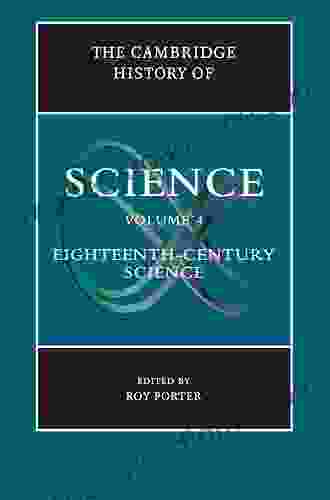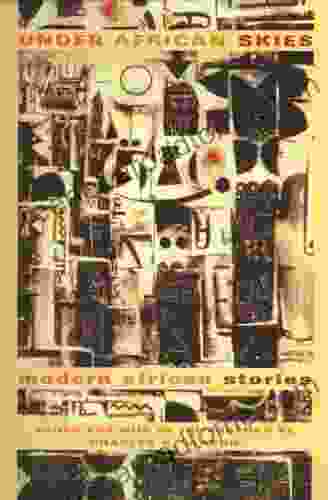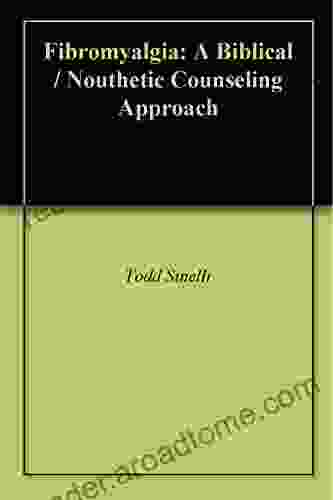Unlocking the Secrets of Medieval Science: The Cambridge History of Science Volume Medieval Science

The medieval period witnessed a remarkable flourishing of scientific thought and innovation. From the groundbreaking work of Arab scholars to the pioneering investigations of European universities, this era laid the foundations for the scientific advancements that would shape the modern world. The Cambridge History of Science Volume Medieval Science is an authoritative and comprehensive account of this pivotal period in the history of science.
This meticulously researched volume delves into the diverse aspects of medieval science. It examines the contributions of different cultures, including the Islamic world, China, and Europe, showcasing their unique perspectives and advancements.
The book explores the major scientific fields of the Middle Ages, including:
4.5 out of 5
| Language | : | English |
| File size | : | 10278 KB |
| Text-to-Speech | : | Enabled |
| Screen Reader | : | Supported |
| Enhanced typesetting | : | Enabled |
| Print length | : | 704 pages |
- Astronomy: The development of sophisticated astronomical models and instruments, such as the astrolabe and quadrant.
- Medicine: The integration of ancient Greek medical knowledge with new observations and practices, leading to the establishment of universities and hospitals.
- Alchemy: The pursuit of transmuting base metals into gold and the development of chemical techniques and theories.
- Mathematics: The adoption and development of Hindu-Arabic numerals and algebraic methods, revolutionizing computation and mathematics.
- Natural Philosophy: An inquiry into the nature of the physical world, embracing both scientific and philosophical approaches.
The Cambridge History of Science Volume Medieval Science sheds light on the extraordinary individuals who shaped medieval science. It profiles renowned scholars and thinkers, such as:
- Al-Khwarizmi: The "Father of Algebra," who developed groundbreaking algebraic methods and introduced the Indian numeral system to the Islamic world.
- Ibn al-Haytham: The "Father of Optics," who conducted pioneering experiments in optics and revolutionized the understanding of light and vision.
- Roger Bacon: The "Doctor Mirabilis," an English philosopher and scientist who advocated for empirical observation and experimentation.
- Hildegard of Bingen: A German Benedictine abbess and polymath who made significant contributions to medicine, botany, and natural philosophy.
- William of Ockham: An English Franciscan friar and philosopher who developed the principle of parsimony (Occam's Razor) and influenced the development of modern logic.
The scientific advancements of the medieval period left an enduring legacy on the development of modern science. The Cambridge History of Science Volume Medieval Science examines the ways in which medieval ideas and practices influenced:
- The Scientific Revolution: The intellectual and scientific transformations of the 16th and 17th centuries, which were partly built upon medieval foundations.
- The Rise of Universities: The establishment of universities in Europe, which became centers of scientific research and scholarship.
- The Scientific Method: The development of systematic methods of scientific inquiry, incorporating observation, experimentation, and deductive reasoning.
- The Western Scientific Tradition: The emergence of the Western scientific tradition, which has had a profound impact on global civilization.
The Cambridge History of Science Volume Medieval Science is an invaluable resource for anyone interested in the history of science, the medieval period, or the foundations of modern scientific knowledge. It offers:
- In-depth Analysis: Comprehensive coverage of the major scientific fields, key figures, and historical developments.
- Expert Contributions: Contributions from leading scholars in the field of medieval history and the history of science.
- Extensive Bibliography: A comprehensive bibliography for further research and exploration.
- Accessible Writing Style: Clear and engaging language, making the content accessible to both scholars and general readers.
The Cambridge History of Science Volume Medieval Science is an essential guide to the vibrant and groundbreaking world of medieval science. It illuminates the origins of our scientific understanding, showcasing the brilliance and ingenuity of scholars who laid the foundations for the scientific advancements that shape our world today. Whether you are a researcher, educator, student, or an avid enthusiast, this volume is an indispensable resource that will deepen your understanding of the medieval scientific legacy and its impact on our present.
4.5 out of 5
| Language | : | English |
| File size | : | 10278 KB |
| Text-to-Speech | : | Enabled |
| Screen Reader | : | Supported |
| Enhanced typesetting | : | Enabled |
| Print length | : | 704 pages |
Do you want to contribute by writing guest posts on this blog?
Please contact us and send us a resume of previous articles that you have written.
Light bulbAdvertise smarter! Our strategic ad space ensures maximum exposure. Reserve your spot today!
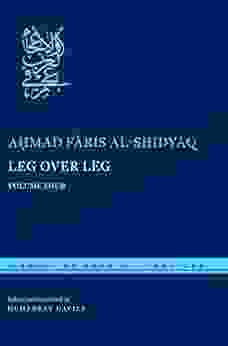
 Chandler WardExplore the Enchanting World of Arabic Literature: Unveiling Volume Four of...
Chandler WardExplore the Enchanting World of Arabic Literature: Unveiling Volume Four of... Dominic SimmonsFollow ·15.2k
Dominic SimmonsFollow ·15.2k Milton BellFollow ·5.3k
Milton BellFollow ·5.3k Kirk HayesFollow ·13.2k
Kirk HayesFollow ·13.2k John SteinbeckFollow ·7.5k
John SteinbeckFollow ·7.5k Ismael HayesFollow ·19k
Ismael HayesFollow ·19k Gilbert CoxFollow ·9.3k
Gilbert CoxFollow ·9.3k Rick NelsonFollow ·12.5k
Rick NelsonFollow ·12.5k Stuart BlairFollow ·10.9k
Stuart BlairFollow ·10.9k
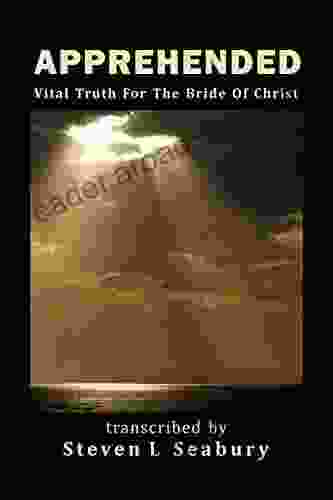
 Brady Mitchell
Brady MitchellUnveiling the Apprehended Vital Truth for the Bride of...
In the tapestry of life, where trials and...

 Eric Nelson
Eric NelsonDivine Energy Harmony Way: Embracing the Power Within for...
In the realm of personal...
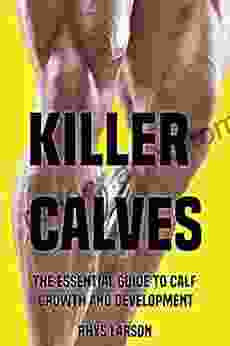
 Robert Louis Stevenson
Robert Louis StevensonUnlock the Secrets of Calf Growth and Development: A...
Are you an aspiring...
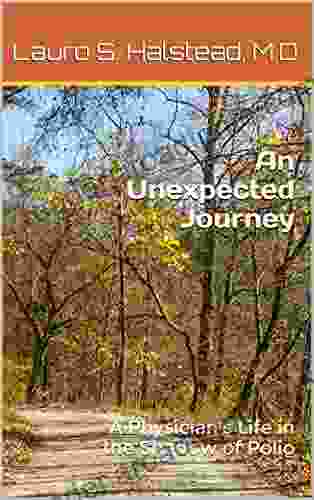
 Gerald Parker
Gerald ParkerPhysician Life In The Shadow Of Polio: A Harrowing and...
A Riveting Tale of Determination Amidst a...
4.5 out of 5
| Language | : | English |
| File size | : | 10278 KB |
| Text-to-Speech | : | Enabled |
| Screen Reader | : | Supported |
| Enhanced typesetting | : | Enabled |
| Print length | : | 704 pages |


